|
While some believe eating out is about connecting with others over a meal, let’s face it: Many people also value having some face-to-phone time when they go out. If you can ensure guests have a smooth, sustained wifi connection and power supply, guests are likely to remember and return. Powermat is one company that is helping hospitality businesses ranging from coffee shops to hotels provide the incremental technology improvements that can make a difference with guests. Its technology enables wireless charging of electronic devices. (If you’ve ever been in the position of searching in vain for a place to plug in a laptop while on the road, you will appreciate this benefit.) The wireless charging market is an emerging one poised for growth in the next five years, so if you’re looking to accommodate guests’ technology preferences, it’s an offering to consider.
Looking to evolve your methods of collecting guest feedback? Artificial intelligence has been creeping into this space and helping restaurant operators and other businesses assemble reliable data from guests. Chatter is one company to watch. As the Financial Post reports, Chatter has created a tool that uses machine learning to create natural-sounding text messages from the brand. A guest who opts in receives an automated text message with some open-ended questions about the experience they just had. As Chatter puts it, it’s like having a constantly running focus group that depends on conversation instead of a numbered ratings system. Chatter says its platform collects feedback across 850 different categories – more than the 50 to 60 that traditional AI platforms offer – and then assembles completed results into data that can be viewed on a dashboard that helps operators see what is and isn’t working. Chatter won accolades from the Information Technology Association of Canada last year and its AI chatbot is already in use by the likes of McDonald’s and a number of retail brands.
Eatsa, the fast-casual restaurant that became a media darling for its cubby-delivered quinoa bowls, is formally changing gears to invest more in its technology – and that move is likely to cause a ripple effect across the rest of the foodservice industry. The company recently announced its rebranding from Eatsa to Brightloom, as well as a major infusion of venture capital investment and a new partnership with Starbucks. The partnership will allow Brightloom to access portions of the technology Starbucks uses for its mobile ordering and rewards program and license it to other foodservice companies. Take note if you’re interested in boosting the tech-enhanced service you offer guests or even if you just want to get a sneak peek at the sprouting of new tech trends, as there is likely more to come from the partnership. (As for the cubby pickup model that Eatsa introduced to the foodservice industry, we’re likely going to see more of that too: Pizza Hut is one brand that is currently testing the model.)
Customizing menu items or related products for a guest can add to your brand’s wow factor and increase your Instagramability. Think chocolates molded into the name of a child celebrating a birthday with you or drink garnishes molded into the shape of the numbers of a couple’s wedding anniversary. That has traditionally required some investment or outsourcing but a new tool called the Mayku Formbox is leveling the playing field for those looking to customize the items they sell (and it’s gaining a following among foodservice brands). The Spoon reports that the product, which has a similar footprint to an open laptop, softens a thin sheet of food-safe material and forms it around an object up of to 7.8 square inches in size. After the sheet sets, it can be removed and then used as a mold for anything from plastic to molten sugar. It currently retails for $699, including 40 moldable sheets.
Consumers are getting increasingly comfortable with (and even reliant on) digital assistants. For proof, just ask Alexa: Earlier this year, Amazon announced it had sold more than 100 million Alexa devices to date. For their part, Google Assistant and Apple’s Siri have hundreds of millions of users apiece. Foodservice brands are finding new ways to tap into consumers’ growing ease with such tech tools. Take Aramark, which has partnered with the tech company Mashgin to expand its use of artificial intelligence (AI) in the baseball parks where it operates. Mashgin offers express self-checkout kiosks that are capable of scanning multiple items at once without barcodes, Verdict Foodservice reports. The result is a faster payment and a shorter time waiting in line for consumers, a valuable service when you’re dashing to pick up food and merchandise between innings. Every transaction then feeds data back to Aramark about consumer preferences.
If you have ever visited a bakery at the end of the day and scored some steeply discounted bread, you might appreciate an app like Feedback, which helps restaurants with extra meals on hand at the end of the day connect with hungry consumers. Pymts.com reports that the app uses a dynamic pricing model, so a restaurant might charge $10 for a salad at the start of the day but then adjust the discount based on demand throughout the afternoon. While the app is based in Canada and hasn’t yet made it to the U.S., it offers a more universal lesson on how harnessing data about what you’re selling each day can give you tools to help you run business more efficiently, limit waste, and even attract some new customers. The developer behind the app was inspired to pursue the idea when he was presented with the opportunity to buy discounted pizzas at the end of a restaurant shift. How can you use your tech to connect your extra food supply with guests?
|
Subscribe to our newsletterArchives
April 2024
Categories
All
|
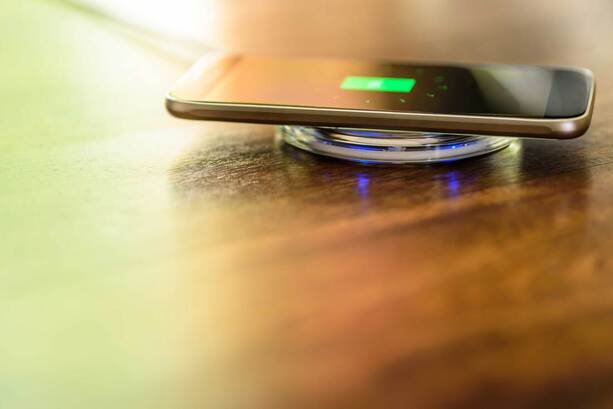
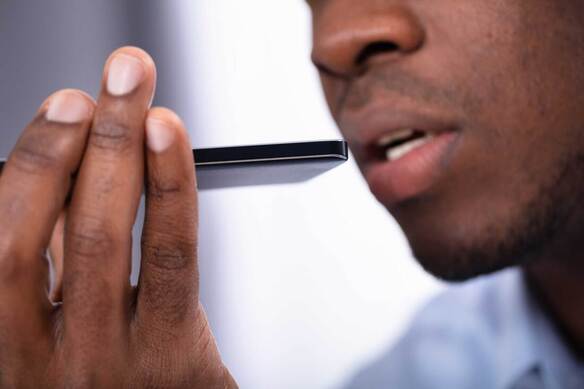
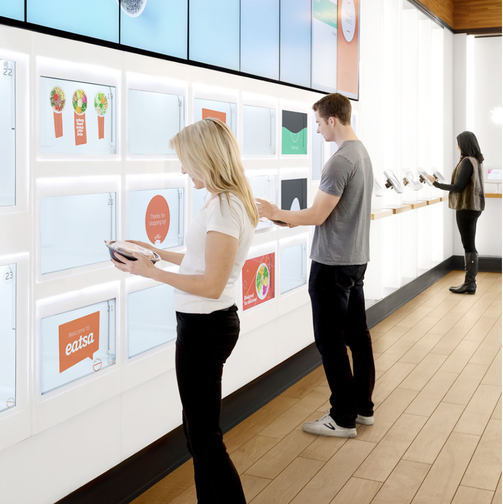
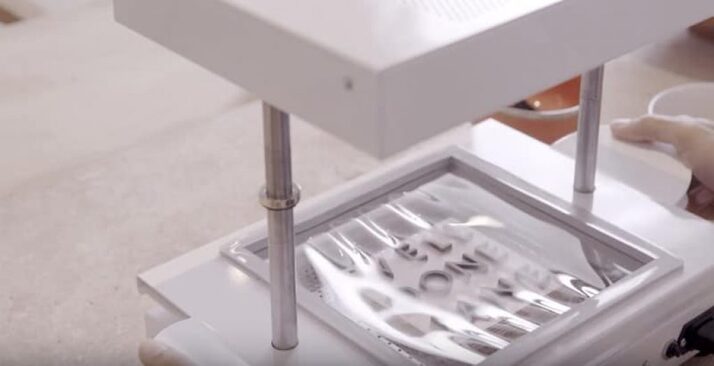
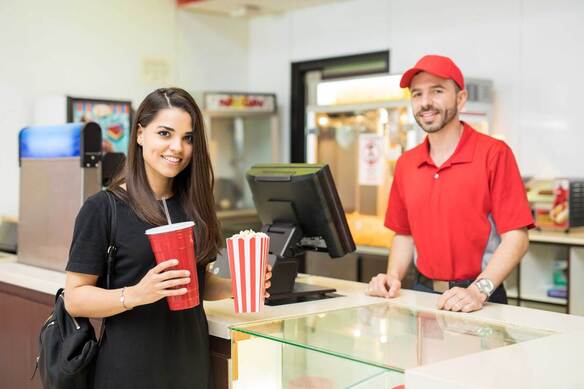
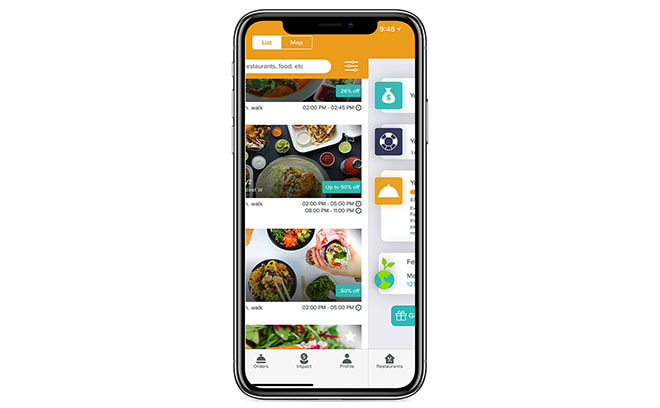
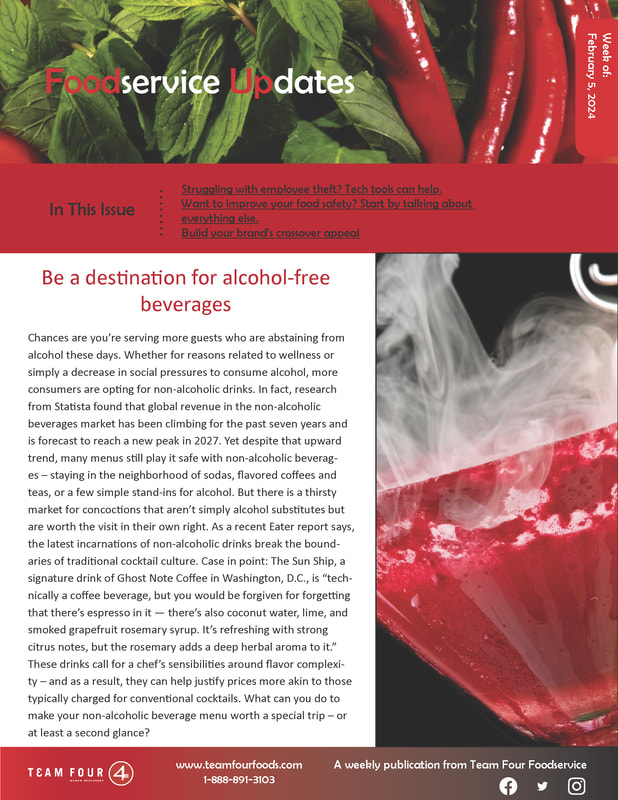
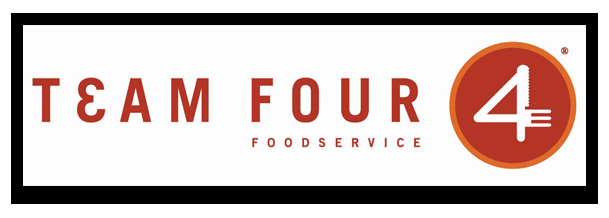
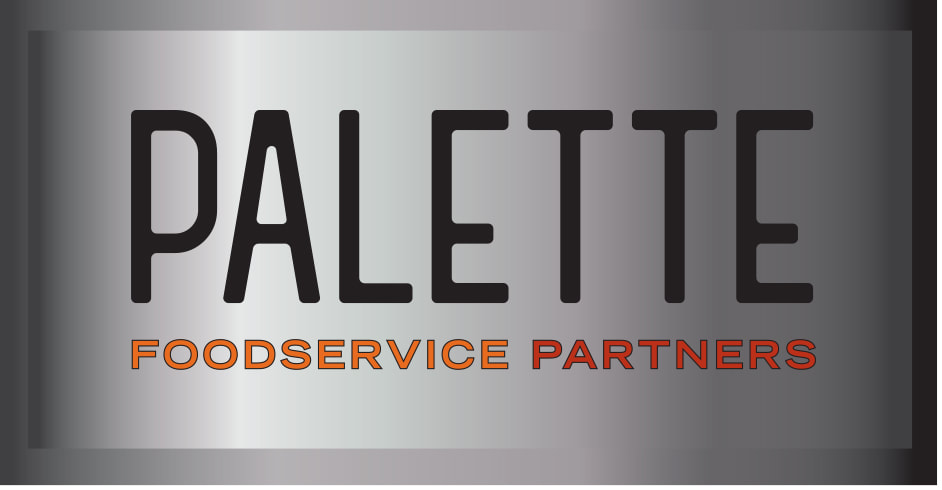
 RSS Feed
RSS Feed